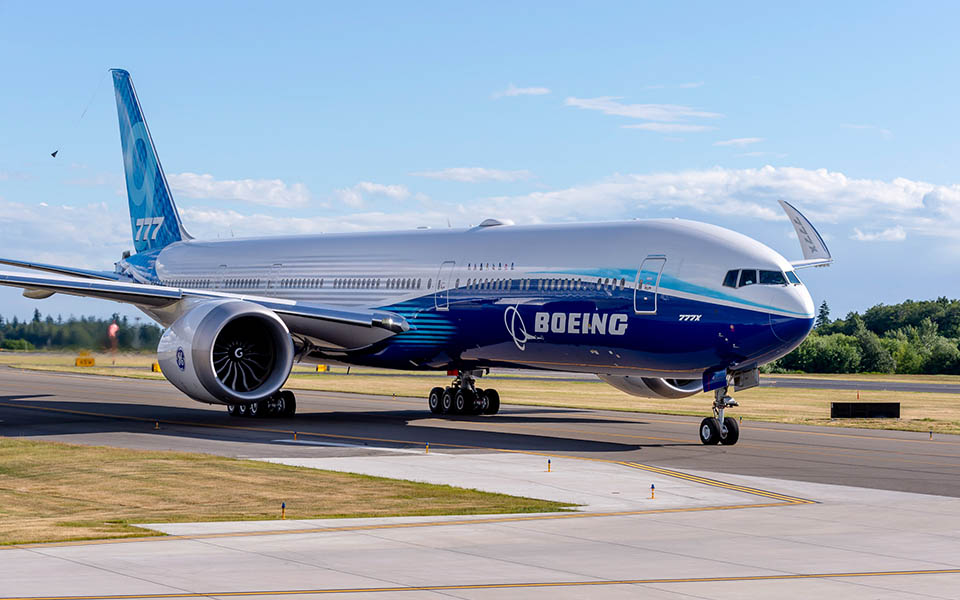Boeing has announced plans to reduce its global workforce by 10%, amounting to approximately 17,000 jobs, as the company faces significant financial challenges.
The aviation giant cited ongoing strikes in the Seattle region and mounting losses for the third quarter as key factors in the decision.
“We must reset our workforce levels to align with financial realities,” Boeing CEO Kelly Ortberg said on Friday. The cuts will impact executives, managers, and employees across the organization.

A month-long strike by 33,000 workers, which began on September 13, has intensified Boeing’s difficulties, contributing to delays in production and delivery schedules. As a result, Boeing announced the delivery of the much-anticipated 777X aircraft will be postponed to 2026, a year later than initially planned. The jet was originally scheduled to enter service in January 2020. Additionally, Boeing confirmed it will cease production of the 767 freighter by 2027, once it fulfills existing orders. The company’s production capabilities have been under scrutiny since the 737 MAX incidents, with the FAA imposing tighter oversight on its operations. Boeing also faced public criticism earlier this year following an emergency incident aboard an Alaska Airlines 737 Max, where a mid-flight window malfunction necessitated an emergency landing.
The current strike is estimated to be costing the company USD 1 billion per month. Boeing revealed that the walkout has added between USD 2-3 billion in pre-tax charges to its commercial aviation results, contributing to an expected third-quarter loss of USD 9.97 per share.
On Friday, a judge in Texas heard arguments about whether to approve the U.S. Department of Justice’s criminal settlement over the 737 Max aircraft. Family members of victims from the two fatal Max crashes in 2018 and 2019 opposed the settlement, calling for Boeing and its former executives to face public criminal trials.
Boeing has seen its credit rating downgraded to the lowest investment-grade level, hovering just above “junk bond” status. Major credit rating agencies have warned that a further downgrade could push Boeing into junk territory, which would significantly increase its borrowing costs. The company’s long-term debt has surged to $53 billion as of June 2024, a sharp rise from $10.7 billion in March 2019.
Beyond aviation, Boeing has also been grappling with challenges in its Starliner space program, adding to the company’s struggles during this turbulent period.



